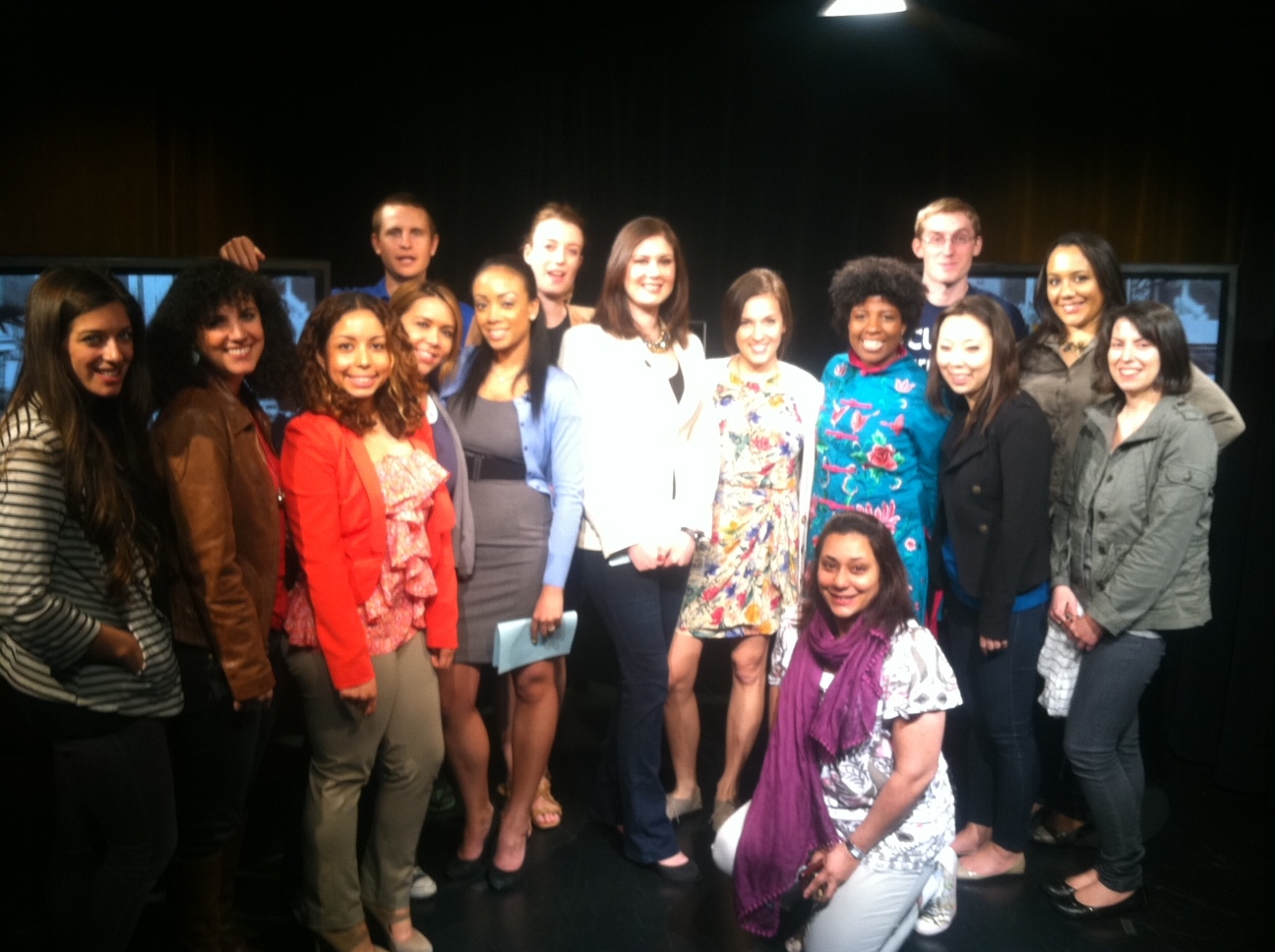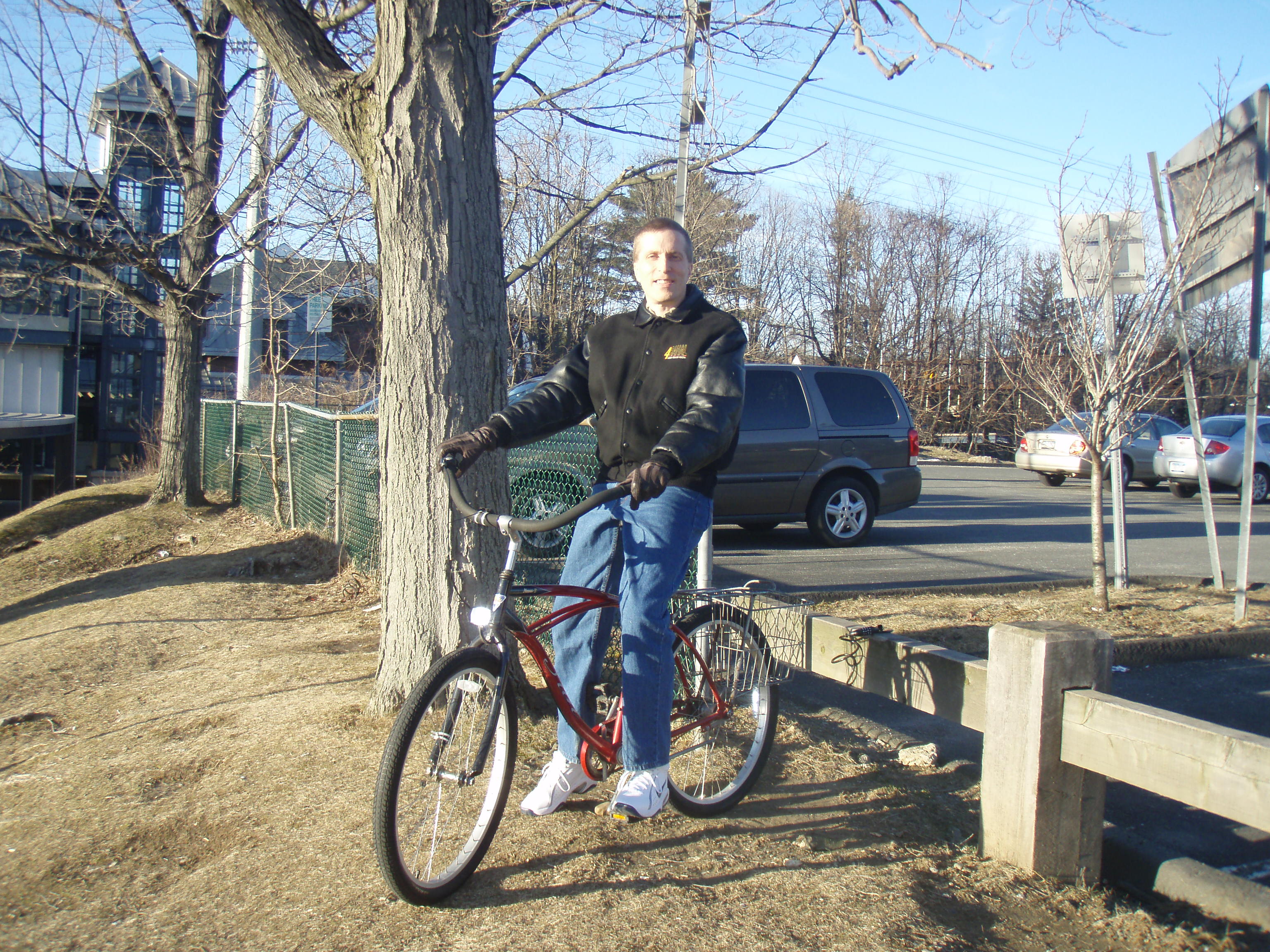Beat memo advice
Some things to keep in mind when compiling your beat memo:
- Don’t skip questions. You’d think this would go without saying, but based on past experience, it needs to be said. If you’re having problems with a question, ask us for guidance. We won’t give you answers, but we will try to point you in the right direction. This is not like my final research quiz, where in the interest of time I do suggest skipping questions that give you too much trouble. In this case, you have more than enough time to overcome problems.
- Whenever possible and wherever applicable, we want you using primary sources to answer questions. There may be some that require the use of secondary sources, but sourcing answers from other media outlets is not permitted. So no links to newspaper articles or the like. That’s not to say you can’t scan articles to figure out where those outlets got their information, but then you have to go to the primary source and get the info yourself.
- Speaking of links, whenever you get information from an online source (especially statistical data), provide a DIRECT LINK to that information in your answer. For example, sourcing an answer as just “NYC.gov” or even the department on NYC.gov is not acceptable. If for any reason providing a direct link is not possible, give step-by-step instructions on how to get the info online. (Sometimes this is necessary with searchable databases.) All that said, not every question is designed to be answered with an online source, so for those, you obviously don’t have to be concerned with providing a link. Some are more of the “reporting” variety and others are more of the “research” variety. It will be up to you to determine which is which. Show us that you can get your boots on the ground as well as your fingers on a keyboard. And don’t be afraid to make phone calls either. Some people are too averse to that.
- There are some questions that are common to everyone and others that are specific to your beat. As such, the latter are of greater importance to your individual beat memo grades.
Last but not least, remember that my lesson and the accompanying handout posted here August 29th were designed in part with the beat memo in mind. So you’ll certainly want to peruse those, as well as the related post by Barbara Gray.

